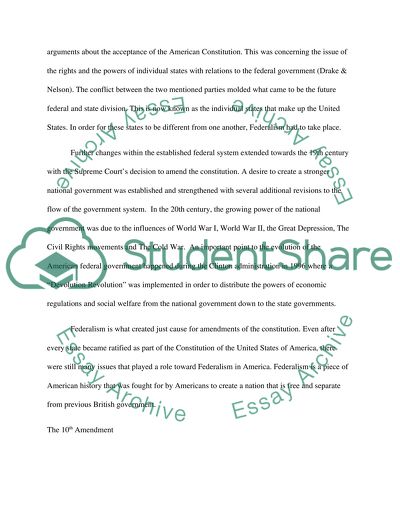Cite this document
(“Provide a comprehensive definition of Federalism and discuss its long Essay”, n.d.)
Retrieved from https://studentshare.org/environmental-studies/1412479-provide-a-comprehensive-definition-of-federalism
Retrieved from https://studentshare.org/environmental-studies/1412479-provide-a-comprehensive-definition-of-federalism
(Provide a Comprehensive Definition of Federalism and Discuss Its Long Essay)
https://studentshare.org/environmental-studies/1412479-provide-a-comprehensive-definition-of-federalism.
https://studentshare.org/environmental-studies/1412479-provide-a-comprehensive-definition-of-federalism.
“Provide a Comprehensive Definition of Federalism and Discuss Its Long Essay”, n.d. https://studentshare.org/environmental-studies/1412479-provide-a-comprehensive-definition-of-federalism.


